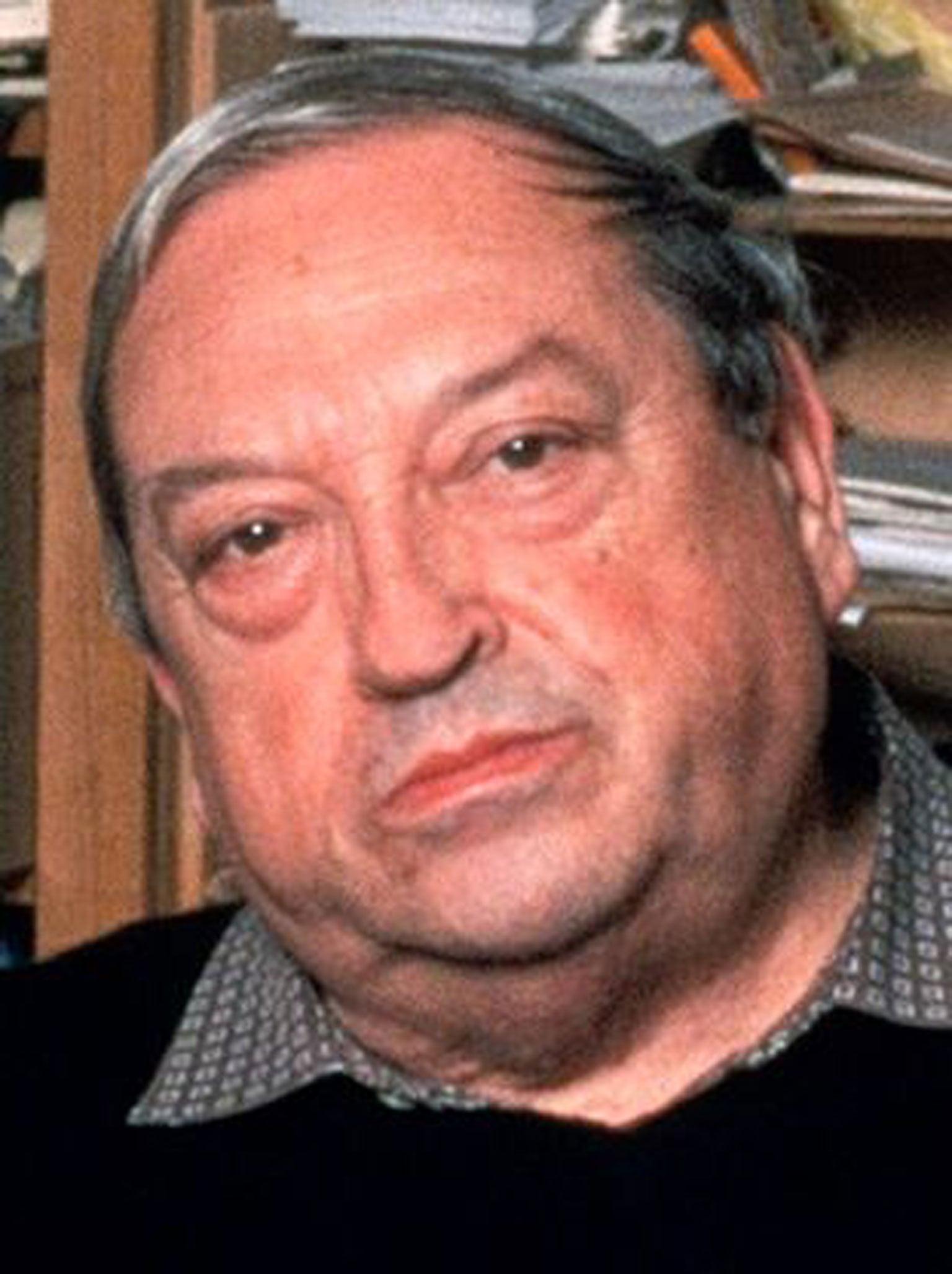Jacques Le Goff: Historian who helped transform our view of the Middle Ages and worked on 'The Name of the Rose'

Your support helps us to tell the story
From reproductive rights to climate change to Big Tech, The Independent is on the ground when the story is developing. Whether it's investigating the financials of Elon Musk's pro-Trump PAC or producing our latest documentary, 'The A Word', which shines a light on the American women fighting for reproductive rights, we know how important it is to parse out the facts from the messaging.
At such a critical moment in US history, we need reporters on the ground. Your donation allows us to keep sending journalists to speak to both sides of the story.
The Independent is trusted by Americans across the entire political spectrum. And unlike many other quality news outlets, we choose not to lock Americans out of our reporting and analysis with paywalls. We believe quality journalism should be available to everyone, paid for by those who can afford it.
Your support makes all the difference.Jacques Le Goff was a leading figure of the Nouvelle Histoire movement and helped reshape the teaching of the subject away from the litany of dates and names towards a deeper understanding of the cultural and social forces at work. His approach threw new light on to the Middle Ages and changed the commonly held view of that period as a dark, backward time.
In fact he argued for extending the Middle Ages from late Antiquity to the 18th century. "I wanted to do away with the cliches, the lugubrious obscurantism on one side, and the corny troubadours on the other," he said. "I saw the Middle Ages as a period rooted in tradition but also with a huge capacity for innovation, the springboard towards a brighter future."
Held in high regard by medievalists, Le Goff enjoyed a lengthy career in academia and wrote several influential books, including The Birth Of Purgatory (1981) as well as authoritative and exhaustive biographies of Louis IX (1996) and Saint Francis Of Assisi (1999).
He served as supervising historical advisor on The Name Of The Rose, the 1986 film adaptation of the Umberto Eco murder mystery novel set in an Italian monastery during the 14th century. Directed by Jean-Jacques Annaud and starring Sean Connery as an investigating Franciscan friar and a 17-year-old Christian Slater in his breakthrough role as his novice assistant, The Name Of The Rose greatly benefited from Le Goff's input and has become a cult classic.
Born in Toulon in 1924, Le Goff attributed his passion for history, and the Middle Ages in particular, to reading Sir Walter Scott's Ivanhoe in his teens. Rather than working for the Germans under Maréchal Pétain's dreaded Service du Travail Obligatoire, he joined the maquis in 1943, helping distribute weapons and supplies dropped by the British over the Alps.
"It was a form of pseudo-resistance rather than putting my life on the line," he later reflected. In 1948, while in Czechoslovakia to research a postgraduate thesis, he witnessed the Communist takeover. Though broadly of the left and an agnostic, he rejected Stalinism but remained a fervent advocate of the European concept. Indeed, in 1988, he launched the Faire L'Europe collection of history books.
A popular commentator across French media, Le Goff hosted Les Lundis De L'Histoire, a weekly history programme on the radio station France Culture, for nearly half a century. He was a huge figure in every respect, his passion for his subject matched by a voracious appetite. "History must shed light on society," he said.
Jacques Le Goff, historian: born Toulon 1 January 1924; married 1962 Hanka Dunin-Wasowicz (died 2004; one daughter, one son); died Paris 1 April 2014.
Join our commenting forum
Join thought-provoking conversations, follow other Independent readers and see their replies
Comments